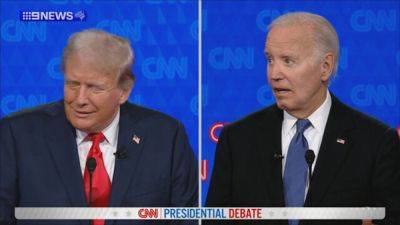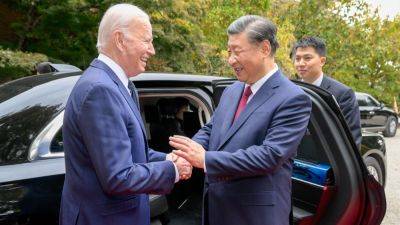U.S. proposes targeted restrictions for AI, tech investment in China
WASHINGTON/NEW YORK (Reuters) -- The United States on Friday issued what it described as targeted draft rules for banning or requiring notification of certain U.S. investments in artificial intelligence and other technology sectors in China that could threaten U.S. national security.
The U.S. Treasury Department published the proposed rules and a raft of exceptions after an initial comment period following an executive order signed by President Joe Biden last August. The rules put the onus on U.S. individuals and companies to determine which transactions will be restricted or banned.
Public comments will be accepted until Aug. 4, which means the U.S. is on track to implement regulations by the end of the year as anticipated.
Biden's executive order, which directed regulation of certain U.S. investments in semiconductors and microelectronics, quantum computing and artificial intelligence, is part of a broader push to prevent U.S. know-how helping the Chinese to develop sophisticated technology and dominate global markets.
"This proposed rule advances our national security by preventing the many benefits certain U.S. investments provide -- beyond just capital -- from supporting the development of sensitive technologies in countries that may use them to threaten our national security,” said Treasury Assistant Secretary for Investment Security Paul Rosen.
Treasury said the new rules were intended to implement "a narrow and targeted national security program" focused on certain outbound investments in countries of concern.
Treasury had mapped out the contours of the proposed rules in August. Friday's news includes additional exceptions, including for transactions deemed to be in the U.S. national interest.
The proposed rules would







